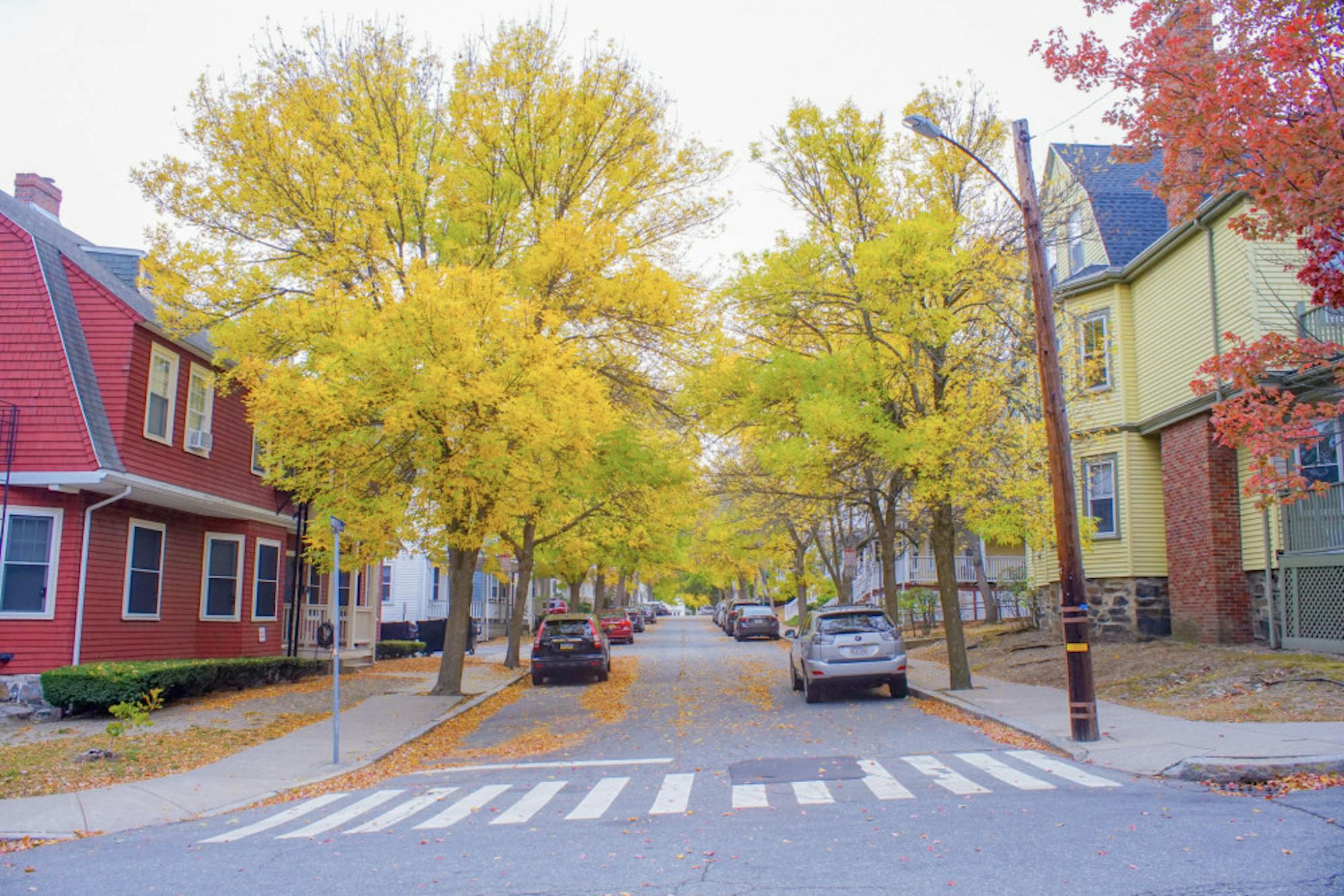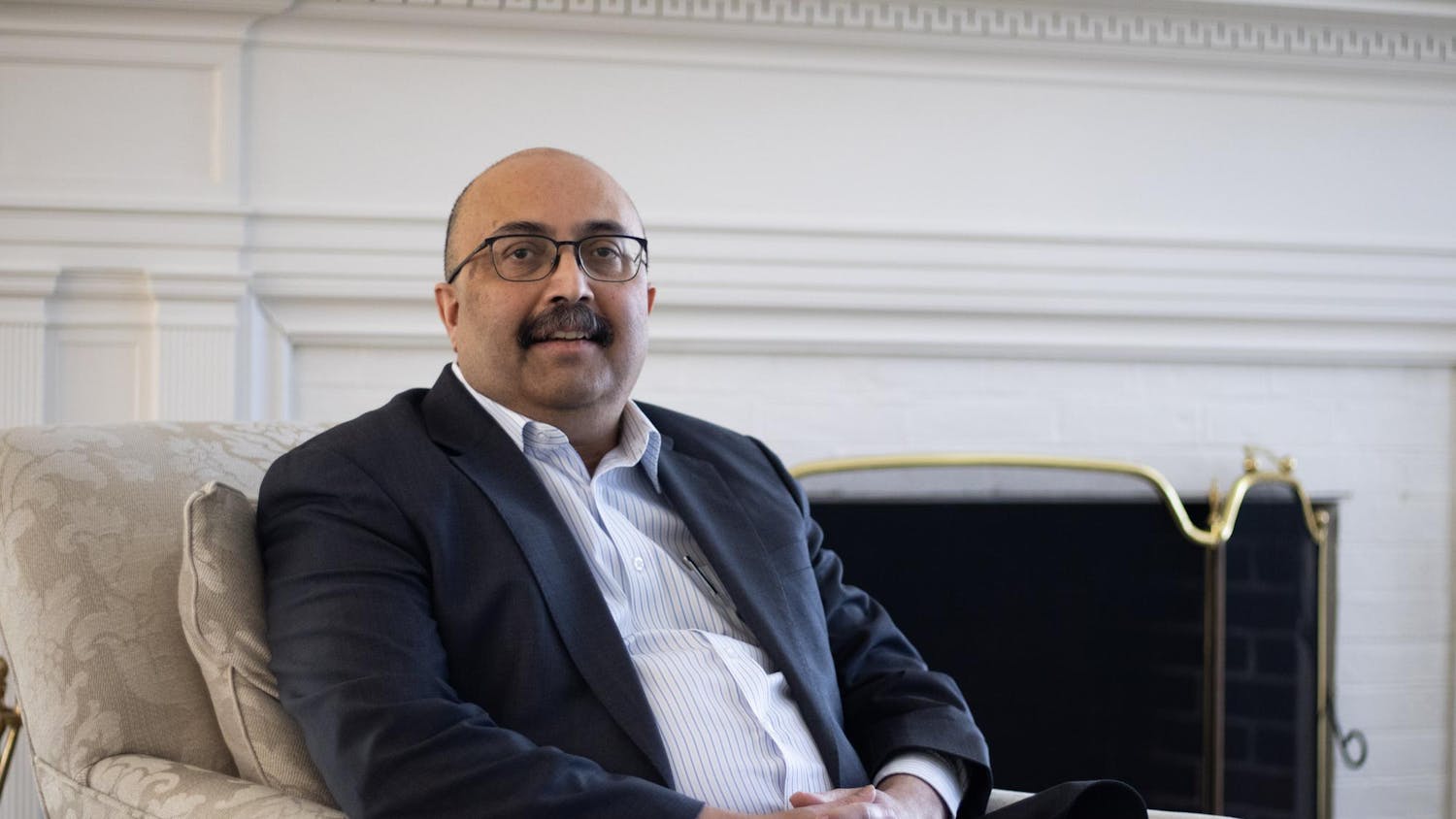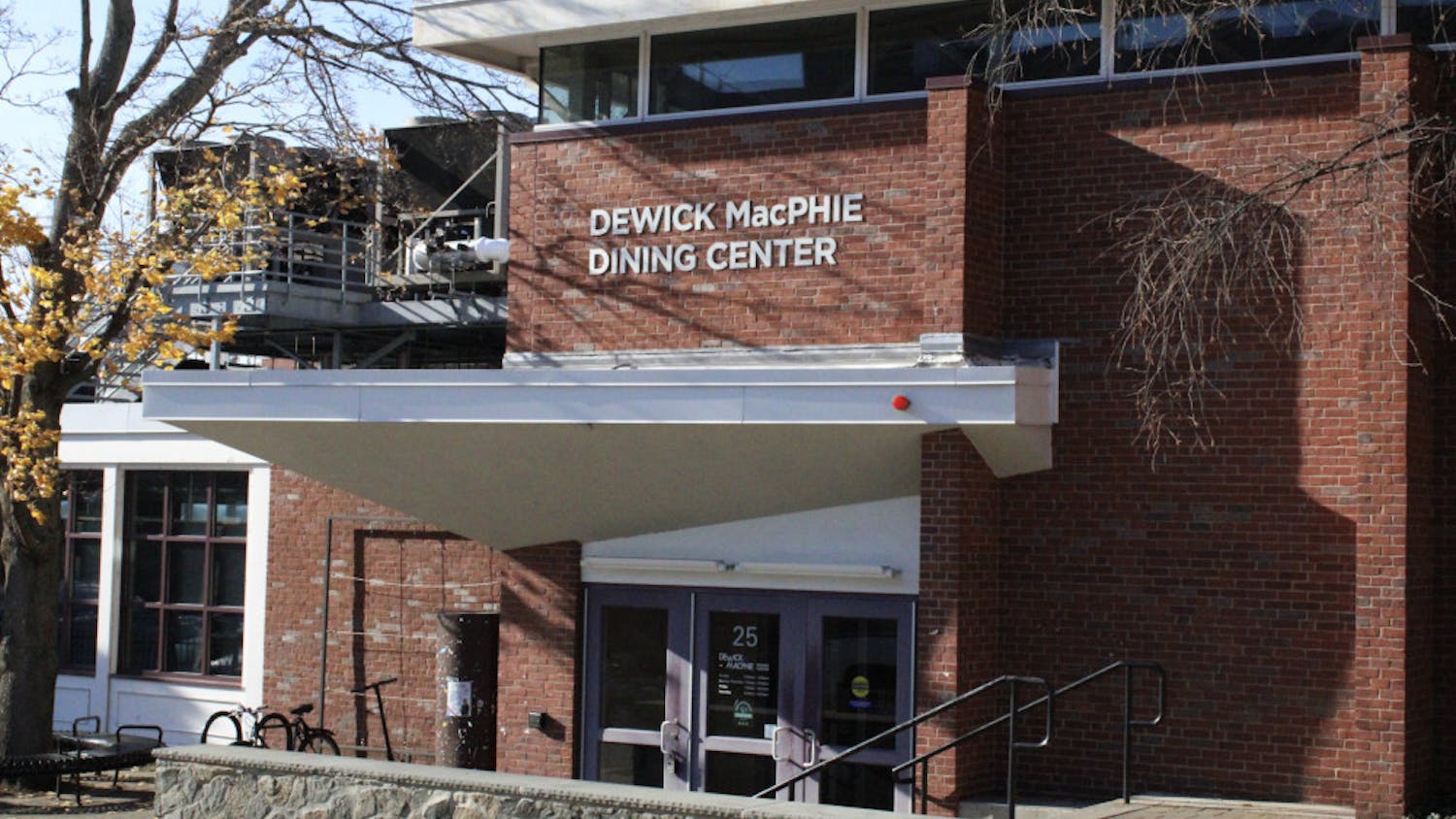A recent bill,H.3080, filed in the Massachusetts State House by State Rep. Erika Uyterhoeven, a Democrat representing the parts of Somerville in which Tufts' Medford/Somerville campus is located, would require Tufts University and other nonprofits with property valued over $15 million to pay 25% of the tax amount that would be paid if they were not exempt from taxation.
The bill aims to reform the Payments in Lieu of Taxation (PILOT) program, in which nonprofits voluntarily give funds to the city instead of paying taxes. According to Rocco DiRico, Tufts' director of government and community relations, Tufts currently meets 87% of the payments requested by the Boston PILOT program, which he said is the highest percentage for a university other than Boston University.
DiRico explained what the current community support from Tufts looks like.
"Tufts provides more than $1,415,000 in PILOT payments to our host communities," DiRico wrote in an email to the Daily. "The university pays more than $1,100,000 each year in property taxes."
The proposed legislation would increase Tufts' payments to around $2 million per year, according to Medford City Councilor Zac Bears.
In a town hall meeting hosted by Massachusetts Action for PILOT (MAP), a newly formed state-wide coalition of elected leaders and activists organized to support strong PILOT legislation, Bears spoke on why he believes this increase in tax payments would benefit the city.
“Even at 25% [of the property tax payments], Tufts will be paying $2 million to the city, and in a city like Medford, that would go so far,” Bears said. “We want these institutions to be good neighbors, we want them and the projects that they have to work with the community.”
In a description of its goal, MAP emphasized the gap between payments from these targeted institutions and the services they receive from their host communities.
“[Due to the COVID-19 pandemic,] towns and cities have been on the front line of providing essential services, but must rely on property taxes,” MAP said in a statement. “We believe large nonprofit hospitals, universities and other institutions have an important responsibility to fairly contribute to the communities.”
Tufts pays more than $16 million worth of community benefits to host communities each year, including free facilities space, need-based financial aid, monetary contributions to community organizations, donated supplies and dental care, according to DiRico.
"Tufts University has always considered itself fortunate to be part of Boston, Grafton, Medford, and Somerville," DiRico said. "For years, we have prided ourselves on our engagement with our host communities."
However, Tufts' provided benefits to the community have been debated due to specificity concerns; what the university considers a benefit is not always considered by residents and leaders of host communities as substantial enough to supplement tax revenue.
“The definition of community benefits, which universities can offer in lieu of a financial contribution, is too nebulous,” Cambridge City Councilor Jivan Sobrinho-Wheeler wrote in an email to the Daily. “Making sure our universities with multi-billion dollar endowments pay their fair share has been a goal of myself and others on the City Council.”
Uyterhoeven also pointed out that if Tufts paid the same rate of property taxes that the residents of Somerville pay, which is more than her proposed legislation requires, it would contribute around $4 million, equating to 2% of total property taxes collected in the city.
“That gives you a sense of how we are subsidizing these institutions,” Uyterhoeven said in the town hall hosted by MAP.
During the question and answer portion of the town hall, legislators were asked about concerns that the bill could harm smaller nonprofits who might be disproportionately affected by a 25% requirement. In response, Uyterhoeven explained that the $15 million property tax threshold would ensure that smaller institutions are not impacted. She also touched on a part of the bill that gives each municipality the flexibility to decide if they want to levy the tax every year.
Another community member asked about the challenges in passing the bill through the legislature.
“I think it's pretty clear with any right attempts to raise progressive revenue like this," Uyterhoeven said. "The institutions, I think, are largely the big ones to oppose [the legislation].”
Local community members have taken action to garner support for this policy change.
“We have been able to put some direct public pressure through public forums, going to campus directly and delivering petitions and traditional direct action, showing that residents are paying attention,” Bears said.
He emphasized the importance of continually pressuring the local institutions.
“This is about publicity and these institutions don't want to be seen as bad neighbors,” Bears said. “They still have to deal with the community … people are watching them.”






